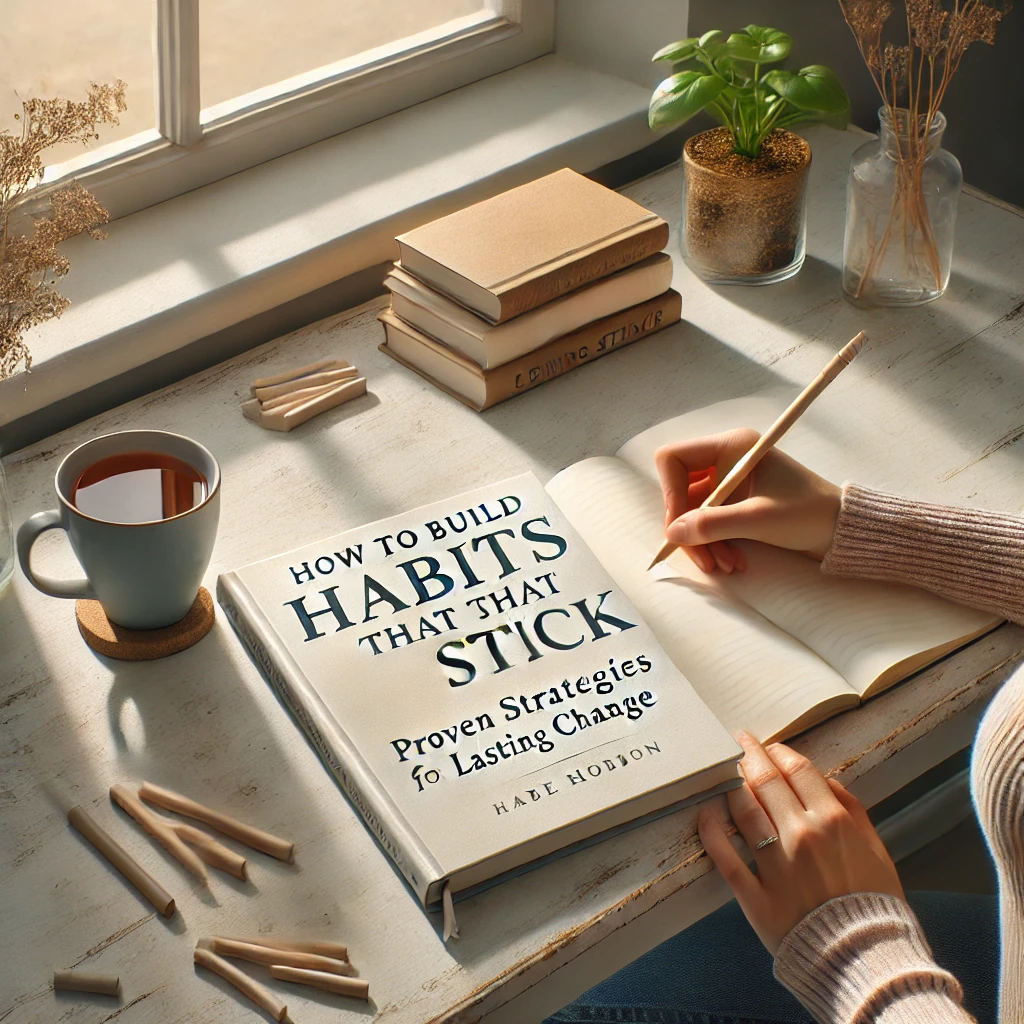
Every New Year, millions of people make big promises to themselves. They plan to get healthier, save money, or be more organized. But by the end of January, most give up. You need to build habits that stick and not those that you give up easily. In fact, Baylor College of Medicine says that 88% of New Year’s resolutions fail. According to Fortune, the second Friday in January is even called “Quitter’s Day”; it’s when most people stop trying.
But why does this happen?
Many goals are too big or unclear. People try to change too much at once, and when it feels hard, they quit. The good news is, there’s a better way.
The key is to build habits that stick slowly and with care. When you understand how habits form and use simple steps, your goals can become part of your everyday life.
This guide will help you learn how to stick with your goals, not just for January, but all year long. If you’re tired of starting over every year, you’re not alone. Let’s build habits that last, one small step at a time.
The Science of Habit Formation
Habits are actions we do often, sometimes without even thinking. They are like little routines that become part of our daily lives. Dr. Wendy Wood, a well-known psychologist, says that 43% of what we do every day is because of habits, not choices. That means our habits shape almost half of our life!
Habits are formed through something called the “habit loop.” This loop has three simple parts:
- Cue – This is the trigger that starts the habit. For example, feeling tired might be your cue to grab a coffee.
- Routine – This is the action you take. In this case, getting the coffee.
- Reward – This is the good feeling you get, like more energy or comfort.
To create a new habit, start with a clear cue, do the routine, and give yourself a small reward. The more you repeat this loop, the stronger the habit becomes.
Try to build habits that stick and can help you feel better, stay organized, and reach your goals. It just takes small, steady steps to make them stick.
Why Resolutions Fail?
There are several reasons why most New Year’s resolutions don’t last:
- Lack of Clarity: Vague goals like “get fit” or “be more productive” lack a clear roadmap.
- Unrealistic Expectations: Setting overly ambitious goals can lead to frustration and burnout.
- No System: Relying solely on motivation, which fluctuates instead of building systems to support your habits.
- All-or-Nothing Thinking: One slip-up often causes people to abandon their goals entirely.
The good news? These pitfalls can be avoided by focusing on creating small, sustainable habits.
7 Steps to Build Habits That Stick
Trying to change everything at once is a big mistake. Start small. If your goal is to exercise, begin with just five minutes a day. Small steps are easier to do and help you feel good and motivated.
2. Anchor Your Habits
Add your new habit to something you already do. This is called habit stacking. For example:
– After brushing your teeth, do 10 push-ups.
– After making your coffee, write down your top 3 goals.
This makes it easy to remember your new habit.
3. Focus on Identity
Think about who you want to become. Instead of saying, “I want to lose weight,” say, “I am someone who cares about my health.”
This helps you feel more connected to your goal.
4. Make It Easy
Take away things that make it hard to start. Lay out your workout clothes the night before. Prep healthy meals in advance. Block time on your calendar. The easier the habit, the more likely you’ll do it.
5. Track Progress
Use a calendar or app to mark your progress. Watching your streak grow feels great and keeps you going.
6. Plan for Setbacks
Everyone misses a day sometimes. That’s okay. Just get back on track the next day. Don’t give up.
7. Celebrate Small Wins
Be proud of every step forward. Even small wins matter. Treat yourself to something nice, a walk, a nap, or a favorite snack. Keep going, you’re doing great!
Practical Examples To Build Habits That Stick
Productivity
- Habit: Write down three priorities for the day every morning.
- Cue: After drinking your morning coffee.
- Reward: The satisfaction of starting your day with clarity.
Health
- Habit: Walk for 10 minutes after lunch.
- Cue: Finishing your meal.
- Reward: Improved energy and mental clarity.
Mindfulness
- Habit: Meditate for 5 minutes before bed.
- Cue: Brushing your teeth.
- Reward: A sense of calm and relaxation.
The Role of Your Environment
The space around you has a big effect on your habits. If your home or work area is messy or noisy, it can be hard to focus or feel motivated. But if your space is calm and tidy, it’s easier to stick with your goals.
Look around your space. Is it helping you or making things harder? A few small changes can make a big difference.
For example, if you want to read more, put a book next to your bed. That way, it’s easy to grab it at night. If you want to exercise often, make a small space at home just for workouts. Keep your yoga mat or weights where you can see them.
Your environment should make good habits easy and bad habits harder. The simpler it is to do something, the more likely you’ll do it again. Take a few minutes today to fix one part of your space. It’s a small step that can lead to big results. A better space can help you build a better routine.
Take the “How Mindful Is Your Space?” Quiz
Are you ready to create an environment that supports your goals and habits? Your space has a profound impact on your mindset and productivity. Take the “How Mindful Is Your Space?” quiz to discover how your environment may be helping or hindering your success.
This quick and insightful quiz will help you:
- Understand the impact of your physical space on your habits.
- Identify areas for improvement.
- Take actionable steps toward creating a mindful, organized space.
Click here to take the quiz now
Let 2025 be the year you build strong habits and create a life you truly enjoy. You don’t need to do everything at once. Just start small.
Focus to build habits that stick with you every day. Make sure your space supports your goals, clean, calm, and clear. A peaceful space makes it easier to stay on track. Remember, real change doesn’t happen overnight. It happens one small step at a time. Each step brings you closer to the life you want.
Let’s stop giving up after a few weeks. This year can be different. You can make it last. Clear the clutter. Find your calm. Build the life you love. Need help getting started? Contact Mindfulspace Organising without any hesitation for more updates. We’re here to support you on your journey, one mindful step at a time.

